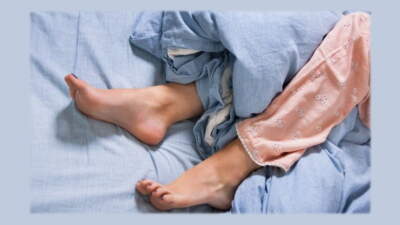Obesity linked to decreased seatbelt use
Vanderbilt University psychologist reveals that obese people are less likely to use their seatbelts than the rest of the population, adding to the public health risks associated with this rapidly growing problem. – Obese people are less likely to use their seatbelts than the rest of the population, adding to the public health risks associated with this rapidly growing problem.


